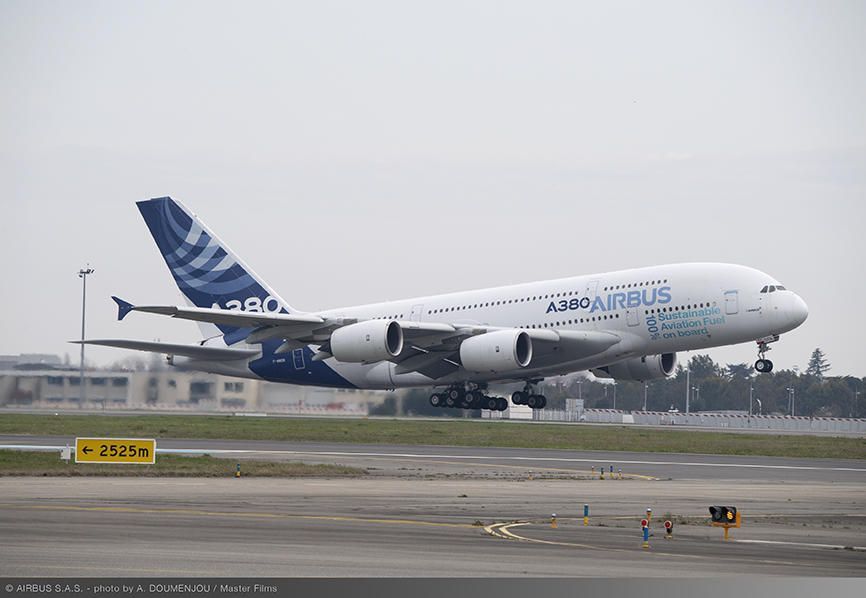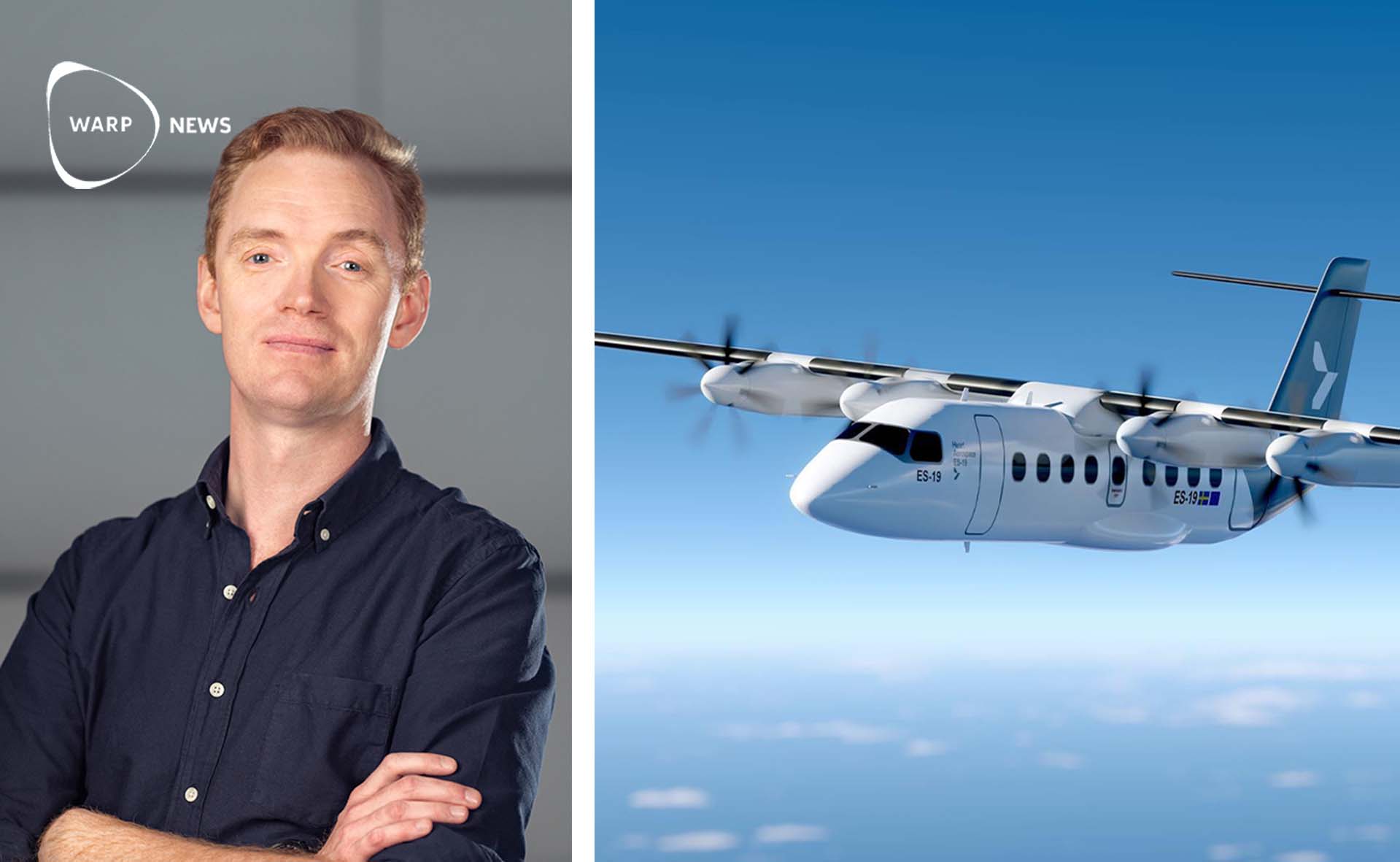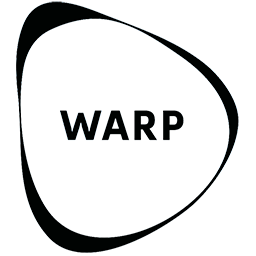
The world's largest passenger aircraft, the Airbus A380, has now flown from Toulouse to Nice using fuel made from used cooking oil and other grease waste.
This was only a first test, therefore Airbus didn't dare to run solely on Sustainable Aviation Fuel (SAF), as this fuel is called. But one of the four engines on the plane went entirely on SAF.
The successful test means that Airbus can now proceed with the plan to transition to power all its aircraft with SAF by 2030.
Airbus has previously tested SAF with other aircraft such as the A350 and A319neo. What's new about this test is that Airbus used the fuel for the whole duration of the flight, from take-off to landing, and that there was no ordinary aviation fuel involved. Usually, SAF is mixed with 50 percent ordinary aviation fuel.
By testing SAF on the world's largest passenger plane, Airbus has shown that SAF can be used as fuel in all passenger planes. Airbus will continue its tests, but the principle is now proven.
Now it is mostly a question of increasing production capacity sufficiently for the entire aviation fleet and reducing the price so that it can compete with traditional aviation fuel.






